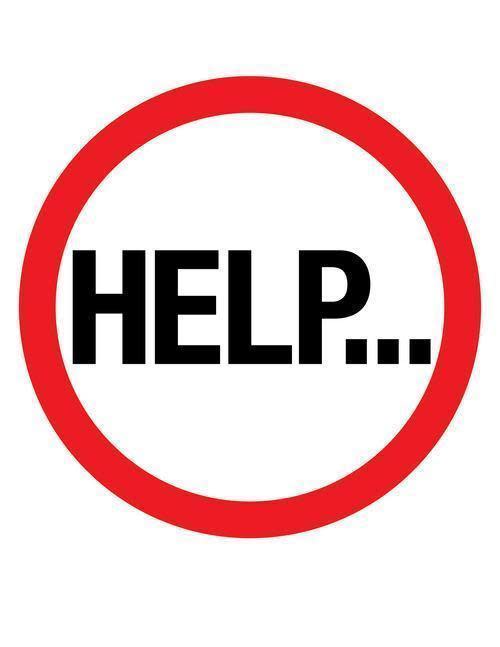Help! I Ate Too Much

Turkey, stuffing, mashed potatoes, a side of green bean casserole, and a slice (or two) of pumpkin pie. Suddenly, you start to feel it. The sluggishness, the bloating, the stomach cramping— we’ve all experienced the overly-stuffed feeling that follows a particularly enticing table setting. With the holiday season approaching and many food-focused events on the calendar, we spoke with nutrition expert and author of Eat Right When Time is Tight, Patricia Bannan, MS RDN, to find out how to cope with post-meal bloat and how to avoid overeating at next week’s Thanksgiving dinner. With all these tips, you might even have room for seconds after a tryptophan-induced nap.
What is the difference between feeling full and eating too much?
“On a hunger scale, with 1 being beyond hungry and 10 being beyond full, you want to eat at about a 6, which would be feeling full and satisfied,” says Bannan. Eating too much would register above an 8 on that scale. That’s when your stomach starts to hurt, you feel heavy, bloated, and tired. “A 10 on the hunger scale happens all too often for people on Thanksgiving,” she says. “You are physically miserable, don’t want to or can’t move, and you feel like you never want food again.” Thankfully, there are solutions and ways to prevent overeating during the holidays.

Photo: Getty
How to Fix it
Know your trigger. Everyone has a different food that takes you down the wrong path. “For some it’s sugary foods, like cookies or donuts and for others it’s carbs or salty foods,” says Bannan. Knowing what has an impact on your eating habits can help you avoid that too-full feeling.
Don’t beat yourself up. “It’s important to accept that you’re human and it was one day, and to focus your energy on getting back on a healthy track,” says Bannan. She recommends giving your body time to rest and eating light the following day. “Do an activity to release some feel-good endorphins, like a power walk or yoga,” she says.
Eat clean the next day. Just because you overate doesn’t mean you have to starve yourself the next day. Bannan recommends drinking lots of water, and focusing on vegetables, lean proteins, and healthy whole grains like oatmeal, quinoa, and brown rice when you get hungry. “Cut out the high-sodium, processed foods and focus on simply-cooked dishes made with quality, whole foods,” she says.
Eat strategically next time. “Before you grab your plate, get an idea of what’s being offered and make a plan,” says Bannan. As good as that cheese plate looks, avoid lingering around a buffet table at your holiday party so you don’t fill up before the big meal—remember those trigger foods! “Don’t stand around the table. Get what you want and move away from the food.”
Don’t starve yourself beforehand. “Many people try to ‘save’ calories throughout the day before a big dinner or celebration,” says Bannan. “This almost always backfires, as you’re so hungry by the time you arrive, you make up for the calories you missed and then some.” To avoid overeating, eat the way you normally would and spread your calories throughout the day.
Get enough sleep. “Tired people are irritable, distracted, and spacey—and often hungrier as well,” says Bannan. It’s important to make time for sleep in a busy schedule. Bannan cites a study with women that found those who slept the least (less than five or six hours a night) were significantly more likely to gain weight than those who slept seven hours or more. “Getting insufficient REM sleep may affect your body’s natural circadian rhythms that control metabolism, resulting in feeling hungrier than usual the next day.”
